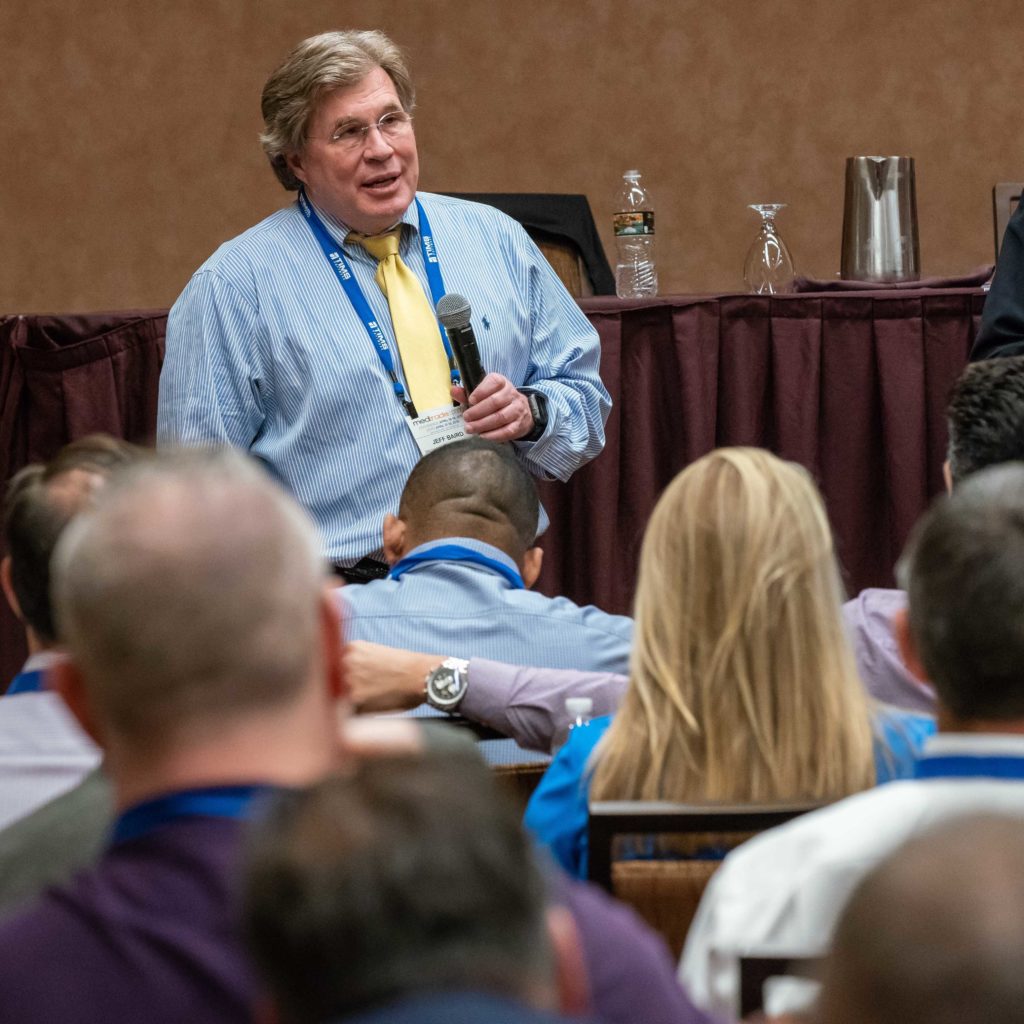AMARILLO, TX – This article summarizes the requirements of and differences between dispensing and written orders.
Dispensing Order
For Medicare purposes, it is generally understood that most DME can be dispensed upon the receipt of a dispensing order from a physician. A dispensing order can be verbal or written and must include the following: a description of the item; name of the beneficiary; name of the prescribing physician; date of the order; and a signature (of the physician if written and of the DME supplier if verbal). The date of the order is the date on which the prescribing physician contacts the DME supplier (for verbal orders) or the date on which the order was written (for written orders).
 Written Order
Written Order
A detailed written order (“DWO”) must be obtained prior to billing a claim to Medicare. A DWO must contain the following: name of the beneficiary; date of the order; and a description of the items (by HCPCS code narrative or brand name/model number). All items that are separately billable must be listed on the DWO, including the frequency of use and quantity dispensed. A DWO may be completed by someone other than the prescribing physician, but the prescribing physician must review the content and sign the document.
For a DWO, the date of the order should either be the date on which the DME supplier was contacted by the prescribing physician verbally (i.e., the date a verbal dispensing order was received) or the date entered by the prescribing physician (for written orders). Orders must specifically state frequency of use information and specific amounts to be dispensed. The order cannot read “PRN” or “as needed.”
Although Medicare does not prescribe expiration dates for written orders, some states do have rules addressing when new orders should be obtained. Moreover, with regard to refills, DME suppliers are expected to fill orders only after confirming with the beneficiary that the items are needed. Medicare will not reimburse a supplier for items that are shipped to a beneficiary without first confirming the beneficiary’s need for the items.
For some items, Medicare requires DME suppliers to obtain a written order prior to delivery (“WOPD”). The list of such items is updated periodically and can be found in the applicable DME MAC Supplier Manual.
Conclusion
There are few practical differences between dispensing orders and written orders. The important takeaway is that items may be dispensed upon a verbal or written dispensing order as long as a DWO is obtained by the DME supplier prior to claim submission.
AAHOMECARE’S EDUCATIONAL WEBINAR
Operating Within the Two-Year Competitive Bidding “Gap Period”
Presented by: Jeffrey S. Baird, Esq., Brown & Fortunato, P.C.
Tuesday, July 16, 2019
2:30-3:30 p.m. EASTERN TIME
Pursuant to the Final Rule that was implemented last fall, competitive bidding was temporarily terminated for a period of 18 to 24 months following January 1, 2019. This program will discuss “life without competitive bidding” during this gap period. In particular, the program will discuss the fact that during the gap period, “any willing provider” can provide Medicare-covered products so long as the DME supplier is willing to accept the reimbursement. This program will discuss (i) how CMS has set the reimbursement during the gap period and (ii) how the supplier can serve patients in this “any willing provider” environment…while being aware of the next round of competitive bidding. The program will then pivot to a discussion of the steps that the supplier can take to improve its chances of being awarded a contract. In particular, the program will discuss the steps the supplier can take to (i) show healthy financials, (ii) confirm that it has the required state licenses, and (iii) confirm that its accreditation and 855S cover the products that are the subject of the supplier’s bid.
Register for Operating Within the Two Year Competitive Bidding “Gap Period” on Tuesday, July 16, 2019, 2:30-3:30 p.m. ET, with Jeffrey S. Baird, Esq., of Brown & Fortunato, PC.
FEES
Member: $99.00; Non-Member: $129.00
Jeffrey S. Baird, JD, is Chairman of the Health Care Group at Brown & Fortunato, PC, a law firm based in Amarillo, Texas. He represents pharmacies, infusion companies, HME companies and other health care providers throughout the United States. Mr. Baird is Board Certified in Health Law by the Texas Board of Legal Specialization, and can be reached at (806) 345-6320 or jbaird@bf-law.com.

